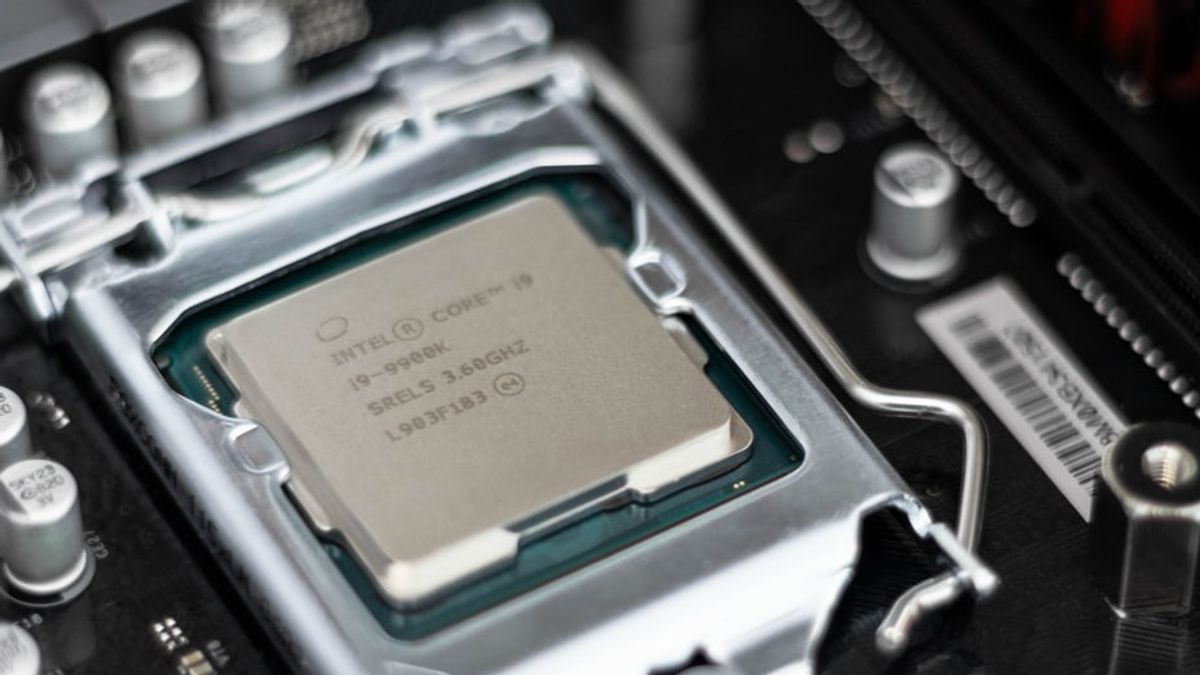JAKARTA - Intel started rolling out the first batch of 12th Generation Alder Lake chips at CES 2022. But at that time it was only for the H-series line of chips, aimed at the most powerful and power-hungry laptops.
Now they're launching the rest of the Alder Lake line of laptops: the P-series and U-series models that were briefly showcased in January. This new chip is claimed to power thinner, lighter and cheaper laptops in 2022.
In total, there are 20 chips suitable for various hardware in the P-series, U-series (15W), and U-series (9W) categories, with the first laptops powered by the new processors coming in March.
Like their more powerful H-series cousins, the new P-series and U-series chips have more cores than the 11th Generation models launched in 2020, with a hybrid architectural approach that combines performance and efficiency cores to maximize power and efficiency. battery life.
Intel is promising some major upgrades focused on increasing those core counts, touting up to 70 percent better multi-threaded performance than 11th Gen hardware, even chips from their competitor, AMD.
Intel also said it won in benchmarks against chips like the Apple M1 and M1 Pro and AMD Ryzen R7 5800U, but not the Apple M1 Max chip, in tasks like web browsing and photo editing.
We'll just have to see how it performs and refrain from buying and using the chip the first time it appears next month. They must be able to prove themselves first that this chip is as powerful as it is touted.
Intel is also rethinking how to label its line of ultraportable chips this year, with the 28W model (formerly under the U-series umbrella) split into its own P-series brand. P-series chips.
Although they use less power than their H-series counterparts, and are similar in many ways including the number of cores: the top-tier Core i7-1280P has the same 14-core (six performance, eight efficient) breakdown as the top i9 and i7 models on the H-series lineup, but with lower clock speeds and overall performance.
Meanwhile, the U-series models will feature fewer cores than the P-series, with all U-series models offering only two performance cores, regardless of which chip your laptop has or how many watts it uses. The total number of cores, between six and 10, will depend on how many efficient cores each model has.
The new chip also features Intel's integrated Iris Xe graphics, while manufacturers could, in theory, add discrete GPUs, including Intel's upcoming Arc graphics. It will be a rare addition to the new model. There is support for a variety of modern laptop standards, including Wi-Fi 6E, Thunderbolt 4, and PCIe 4.0 but not HDMI 2.1.
In her review of the first Alder Lake laptop, the ultra-premium MSI GE76 Raider, Monica Chin of The Verge notes that the H-series version of the chip largely lives up to Intel's big performance claims. But he noted there are concerns about battery life, which will certainly be something to watch out for when the first P-series and U-series laptops debut in March.
The new P-series and U-series chips will also be part of Intel's third-generation Evo standard, which adds new "smart collaboration" requirements that include at least a 1080p webcam and 6E Wi-Fi network, along with an existing battery, fast charging, and other requirements.
The English, Chinese, Japanese, Arabic, and French versions are automatically generated by the AI. So there may still be inaccuracies in translating, please always see Indonesian as our main language. (system supported by DigitalSiber.id)











